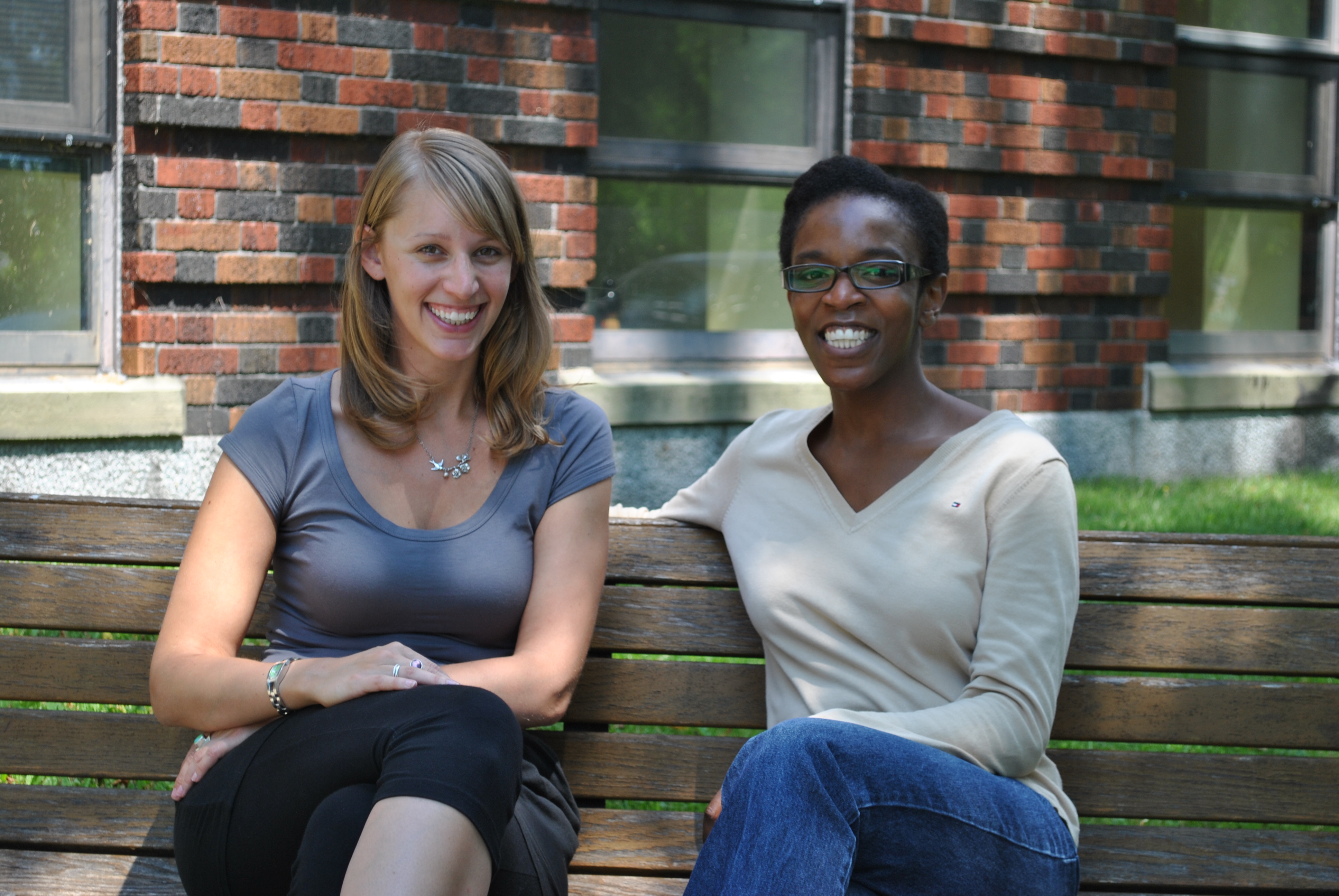TOP 5 CAUSES OF DEATH IN NIGERIA
Health is wealth and to listed below are the top five causes of death in Nigeria and how to prevent them from affecting you and your loved ones.
MALARIA
Malaria is one of the top causes of death in Nigeria, with about 207,000 deaths reported yearly. Nigeria has the highest malaria burden in the world.
Malaria is transmitted when an infected female Anopheles mosquito infected with the Plasmodium parasite bites an individual. The five main types of infectious parasites are P. falciparum, P. vivax, P. malariae, P. ovale, P. knowlesi with the worst being P. falciparum.
Malaria can be uncomplicated or severe.
In uncomplicated malaria, symptoms are similar to flu-like symptoms, such as are headache, fever, chills, joint pain, vomiting etc.
In severe malaria, complications such as cerebral malaria (malaria in the brain), severe anemia (reduction in amount of blood), acute kidney injury, hypoglycemia (reduced blood sugar).
Malaria should be treated by a primary care doctor (family physician, pediatrician or internal medicine) after some tests are done. Rapid diagnostic tests are done but should be confirmed by doing a blood smear.
Treatment of malaria is by artemisinin combination therapy. Be sure to complete the dosage to prevent resistance.
Malaria can be prevented by doing the following:
- Always sleep under long lasting insecticide treated nets (LLINs).
- Always wear covered clothing to reduce exposure to the insect.
- Use insect repellants on exposed areas.
- Make use of insecticide sprays.
- Keep all environment clean
LOWER RESPIRATORY INFECTIONS
Lower respiratory infections (LRIs) are infections that occur in the lower respiratory tract of a person and are usually highly infectious. They include pneumonia, bronchitis, influenza, brochiolitis etc.
LRIs are caused by microorganisms such as viruses and bacteria and fungi.
Symptoms and signs of LRIs include cough, wheezing, fever, sore throat, chest pain, breathlessness, difficulty in breathing etc.
Depending on the severity, hospitalization may be required and antibiotics administered. Mild cases can be treated at home and antibiotics are not required for viral infections.
Vaccinations are important in the prevention of LRIs. Pneumococcal vaccines should be administered to reduce the incidence of LRIs.
Reduction in smoking is also advised.
HUMAN IMMUNODEFICIENCY VIRUS (HIV)
Human Immunodeficiency virus, also known as HIV, is a type of virus that causes HIV infection and eventually, AIDS (acquired immunodeficiency syndrome). The virus attacks the immune system of the individual making them vulnerable to infections and diseases due to the inability of the immune system to defend the body.
HIV can be transmitted through unprotected sex with an infected person, sharing sharp objects with an infected person, transfusion of unscreened blood, and from a mother to her baby during pregnancy, delivery or breastfeeding.
HIV can be asymptomatic for up to ten years, silently destroying the immune system, after which the individual then begins to come down with various illnesses due to reduced immunity.
Several blood tests are usually carried out before the diagnosis of HIV is confirmed.
There is no cure for HIV but there are drugs that can fight the virus and increase the quality of life of an infected person. Infected individuals should be commenced on antiretroviral therapy as soon as diagnosis is confirmed.
Prevention can be done through safer sex, avoiding sharing of sharp objects, and if there is exposure to the virus, then, post exposure prophylaxis (PEP) should be administered.
DIARRHEAL DISEASES
A person is said to have diarrhea when the individual passes loose, watery stools, three or more times in a day. If it is for less than 14 days, it is called acute diarrhea. if it is for more than 21 days, it is called chronic diarrhea.
The most common cause of diarrhea is usually infectious, that is, from viruses, bacteria and parasites. However, there are other causes such as inflammatory bowel disease, irritable bowel syndrome and drugs.
People with diarrhea usually present with passage of watery stool, abdominal cramps.
Diarrhea can usually be treated at home with adequate intake of oral rehydration solution (ORS). However, if there are signs of dehydration or it lasts for more than 24 hours for a child, hospitalization may be required.
Diarrhea can be prevented by proper vaccination. Also, proper washing of fruits and vegetables, drinking clean water, and covering foods properly.
ROAD INJURIES
Road accidents are very common and can be devastating, either leading to death or disability in the survivors. Approximately 1.25million lives worldwide are lost to road crashes, with 90% being in low and middle-income countries.
Causes of road injuries include speeding, driving under the influence of alcohol and other psychoactive substances, nonuse of motorcycle helmets, seatbelts, distracted driving (using phones while driving), bad roads, bad vehicles, etc. Most of the causes listed can be avoided by making simple but lifesaving adjustments.
Be sure to avoid speeding, use seatbelts and motorcycle helmets, avoid drinking and driving, and distracted driving.
All of the five highest causes of death in Nigeria can be avoided if we choose to do the right thing and encourage others to do the same.
All material on this website is provided for your information only and may not be construed as medical advice or instruction. Please consult appropriate health professionals on any matter relating to your health and well-being.


 Africa Programme Intern
Africa Programme Intern
